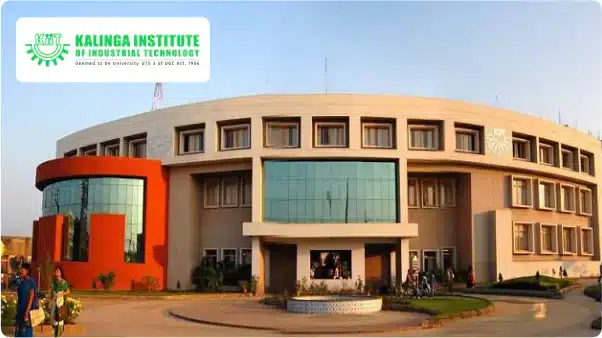
(MCom)
The Kalinga Institute of Industrial Technology (KIIT) is a private university established in 1992 in Bhubaneswar, Odisha, India. Known for its focus on technical education and research, KIIT offers various undergraduate, postgraduate, and doctoral programs in engineering, technology, management, computer applications, law, pharmacy, and more. KIIT has gained recognition for its academic excellence, strong emphasis on research and contributions to the field of education. The university has a good track record for placements, with many students securing jobs in top domestic and international companies.
KIIT University Online is part of the university and offers a flexible and convenient way to pursue higher education. With a wide range of programs available, students can learn from the comfort of their homes. The online platform provides access to high-quality course materials, interactive learning tools, and support from experienced faculty. KIIT University Online also ensures that students receive the same quality education as their on-campus counterparts, with rigorous coursework and assessments.
An online MCom degree course is a 2-year postgraduate program designed to provide advanced knowledge in commerce-related disciplines such as accounting, finance, economics, and business management through online platforms. Online learning is defined by its flexible, technology-driven delivery, allowing students to access lectures, coursework, and interactions entirely online. This particularly benefits those balancing educational pursuits with professional or personal commitments.
The key features of online MCom programs include flexible scheduling, interactive learning through webinars and discussion boards, extensive access to digital libraries, and the integration of advanced educational technologies like AI-driven analytics. These features contrast with traditional MCom programs, which require physical presence in classrooms, have rigid schedules, and often use more conventional teaching and assessment methods.